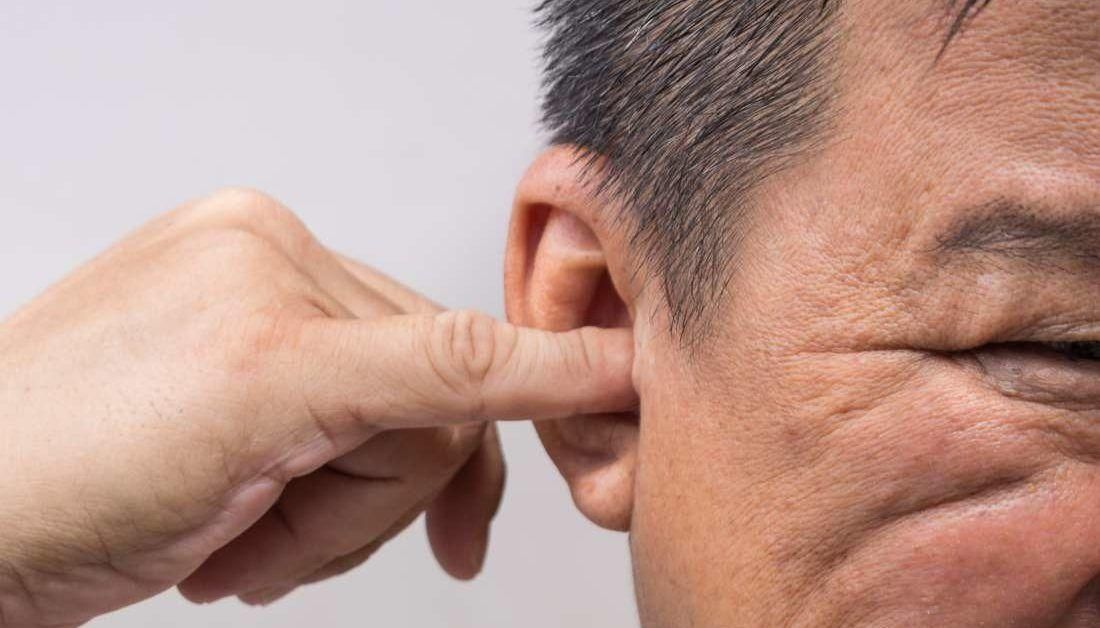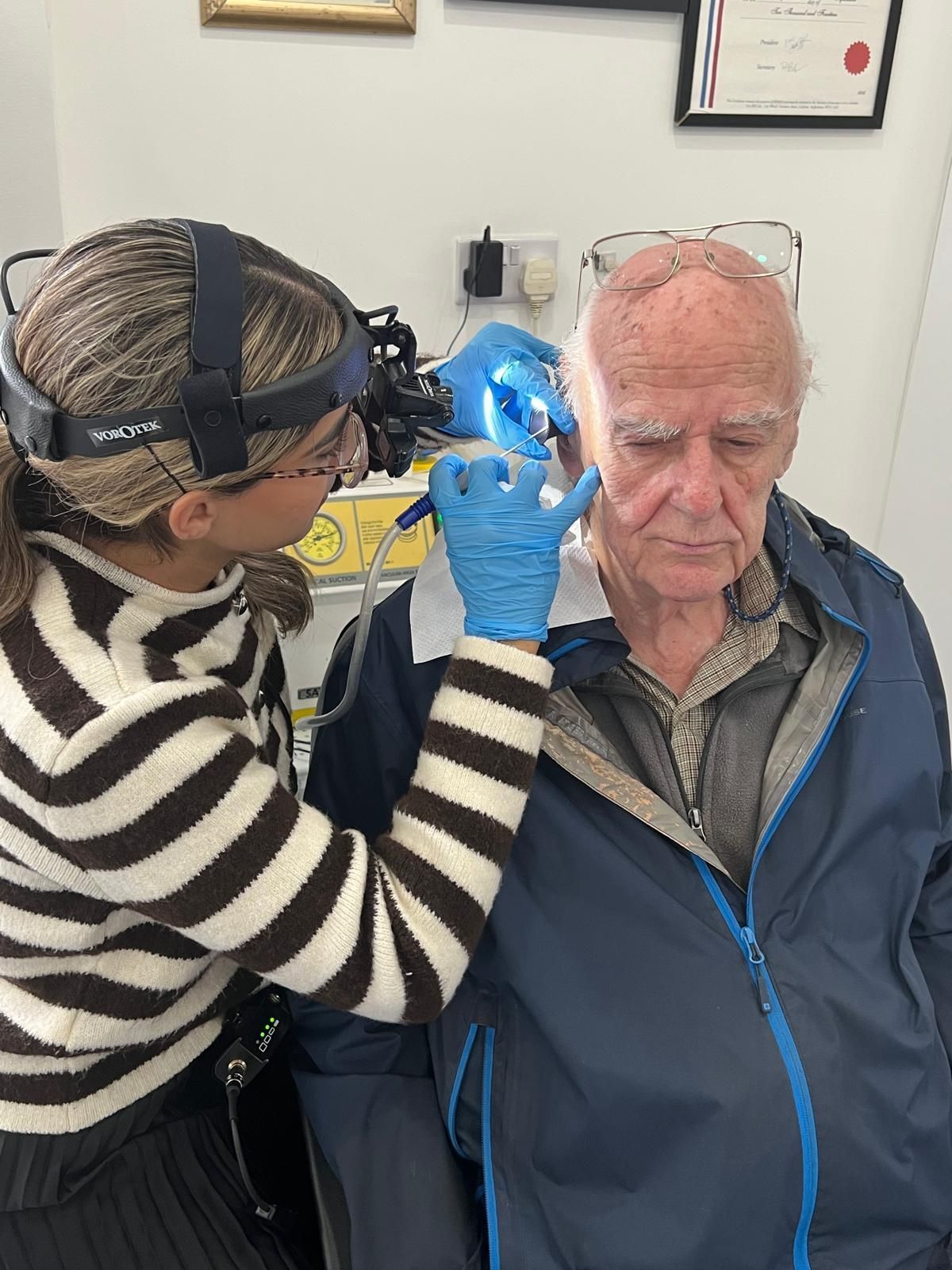Is Your Hearing Fading? Get Expert Hearing Tests in Stanmore
Hearing loss is gradual and often worsens with age. Our philosophy, built over 35 years, is that a simple 'one size fits all' approach will inevitably fail when it comes to effective treatment.
As expert audiologists, we understand the vital role excellent hearing plays in your daily life. That's why we provide professional, comprehensive hearing tests in Stanmore and the surrounding community. Our tests help us locate the precise cause of your hearing problem, and from there we deliver the right treatment.
Which Type of Hearing Test Do You Need?
Hearing tests are essential diagnostic tools that allow us to evaluate the specific type of hearing loss you may have: sensorineural, conductive, or mixed. We will detail these types below.
The right approach depends entirely on your individual situation. We use our extensive experience to tailor our assessment to ensure the most accurate diagnosis.
1. Pure Tone Audiometry
During this foundational test, you will simply relax in a comfortable, sound-treated room. While you listen through the headphones, we'll ask you to signal every time you hear the various tones or speech. Your response will help us fully understand the pattern and severity of your hearing loss.
- Bone Conduction: We also use a small device called a bone vibrator placed behind your ear. This sends sound vibrations directly to your inner ear, bypassing the eardrum and ear canal. This step allows us to specifically evaluate how well your cochlea (the part of the inner ear that translates sound into electrical signals for the brain) is working.
2. Impedance Testing (Tympanometry)

quick, painless test measures your middle ear pressure and the movement of your eardrum. A soft probe (similar to an earplug) sends a low tone and a puff of air into your ear.
- What it reveals: This test is highly useful if we suspect middle ear issues like fluid in the ear (otitis media), problems with your Eustachian tube, or a perforated eardrum. Patients often report a sensation similar to when their ears "pop" due to air pressure changes.
What Do the Results of a Hearing Test Reveal?
Our hearing tests in Stanmore will help us map out the best treatment plan for you. The first step (which the tests help with) is identifying the type of loss you have. Some of these are highlighted below:
Sensorineural Hearing Loss
This is often referred to as ‘nerve damage’ hearing loss. It is caused by damage to the inner ear (cochlea) or the nerve pathways from the inner ear to the brain.
- Common Causes: Exposure to loud noise, natural ageing (presbycusis), certain ototoxic medications (used for cancer, heart conditions, etc.), or diseases like Meniere’s.
- Treatment: While this type is usually permanent, our audiologists specialise in fitting the most advanced hearing aids to restore clarity and confidence to your hearing.
Conductive Hearing Loss
This occurs when sound waves are physically prevented from reaching the inner ear. The inner ear may be perfectly healthy, but a blockage or barrier is stopping the sound.
- Common Causes: Excessive earwax, fluid build-up behind the eardrum, a ruptured or perforated eardrum, or middle ear bone problems.
- Treatment: The good news is that conductive hearing loss can often be successfully treated with medicine or minor surgery, depending on the cause.
Mixed Hearing Loss
As the name suggests, this is a combination of both conductive and sensorineural hearing loss.
Who Needs a Hearing Test?
It's tempting to put off an appointment if you only occasionally struggle, but early diagnosis is key to better long-term outcomes. If you answer YES to any of the following questions, you should schedule a hearing test with our award-winning audiologists:
- Do you frequently ask others to repeat themselves?
- Do you find it difficult to follow conversation in noisy environments like restaurants or crowded places?
- Do you feel as though everyone else mumbles?
- Do your friends or family complain that your TV is too loud?
The Ealing Hearing Centre Difference
You shouldn't trust your hearing health to just anyone. Our father-daughter team are licensed, certified audiologists with decades of experience.
We provide a level of clinical expertise and personal attention that ensures your solution is never ‘one size fits all’. You shouldn't settle for less when it comes to your hearing.
Choose Ealing Hearing Centre for your hearing tests in Stanmore. Benefit from over 35 years of expert, patient-centred care.
Schedule your appointment today.



